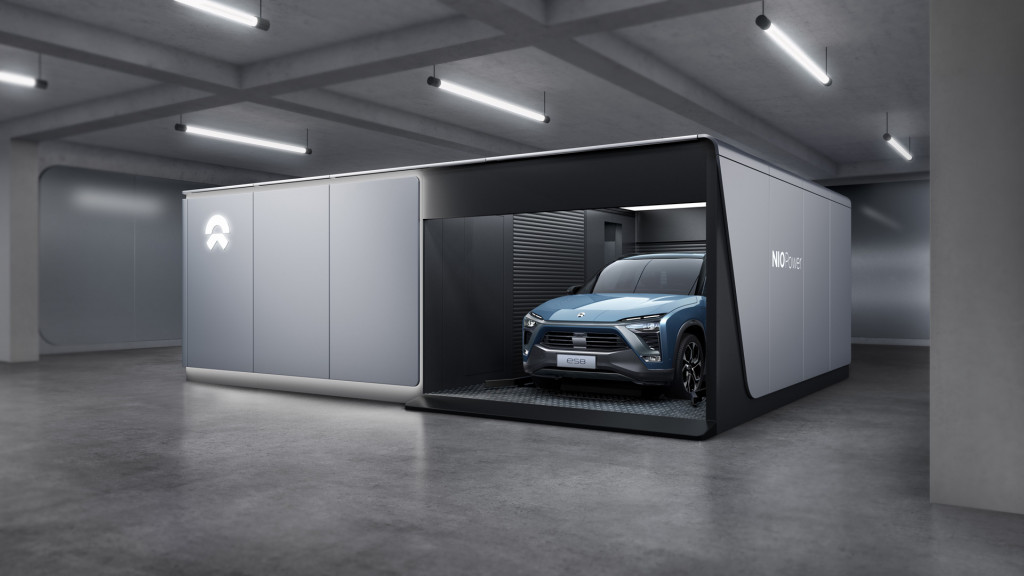Renault CEO Luca de Meo sees a "potential upside" to reviving the EV battery-swapping tech the French automaker shelved years ago, according to the Financial Times.
"It's not decided, but I see it as an interesting opportunity," de Meo said.
That's an interesting statement from the head of an automaker that has flip-flopped on battery swapping several times over the last decade.
In 2011, Renault called EV battery swapping too costly for mass-market models. Nevertheless, Renault rollout out one model that did offer battery swapping—the Fluence Z.E. in 2011. This sedan was primarily used by Israeli battery-swapping startup Better Place, which built a small network of swapping stations in its home country, but declared bankruptcy in May 2013.
Better Place showed all the ways in which the model for battery swapping could go wrong, including the difficulty of scaling up operations. Better Place never attracted enough customers to survive, and it did not anticipate the arrival of longer-range electric cars, the proliferation of public charging stations, or customers' preference for home charging over any solution that requires a dedicated trip.
![Renault Fluence ZE electric cars in Israel, provided by Better Place [photo: Better Place] Renault Fluence ZE electric cars in Israel, provided by Better Place [photo: Better Place]](https://images.hgmsites.net/lrg/renault-fluence-ze-electric-cars-in-israel-provided-by-better-place-photo-better-place_100388161_l.jpg)
Renault Fluence ZE electric cars in Israel, provided by Better Place [photo: Better Place]
In addition, the safety hurdles would be more difficult today, with the introduction of liquid cooling for most EV battery packs. While the Fluence Z.E. was designed with battery swapping in mind, that would be more difficult for a modern EV, as cooling lines would have to be disconnected during the swap.
Startup Ample hopes to address this with proprietary battery modules designed to work with its swapping stations, but that would still require automakers to adopt these modules over their own designs.
Renault is preparing to launch a family of EVs using a new modular platform called CMF-EV. It's unclear if this platform—which will also be used by Nissan, Infiniti, and Mitsubishi—was engineered with battery swapping in mind, but adding that capability doesn't seem straightforward.

Nio battery station
In contrast, Chinese automaker Nio has found success with battery swapping because it designs its EVs for swapping, and has been willing to invest in a network of stations. It now has over 200 stations in China, and is expanding to Norway.
At least one report has also suggested that battery swapping may work better for taxis and ride hailing than personal cars, as fleet use would make hardware standardization easier. Renault is launching a mobility-service venture under the Mobilize brand, which will include a dedicated EV, so perhaps battery swapping could be added to that.












